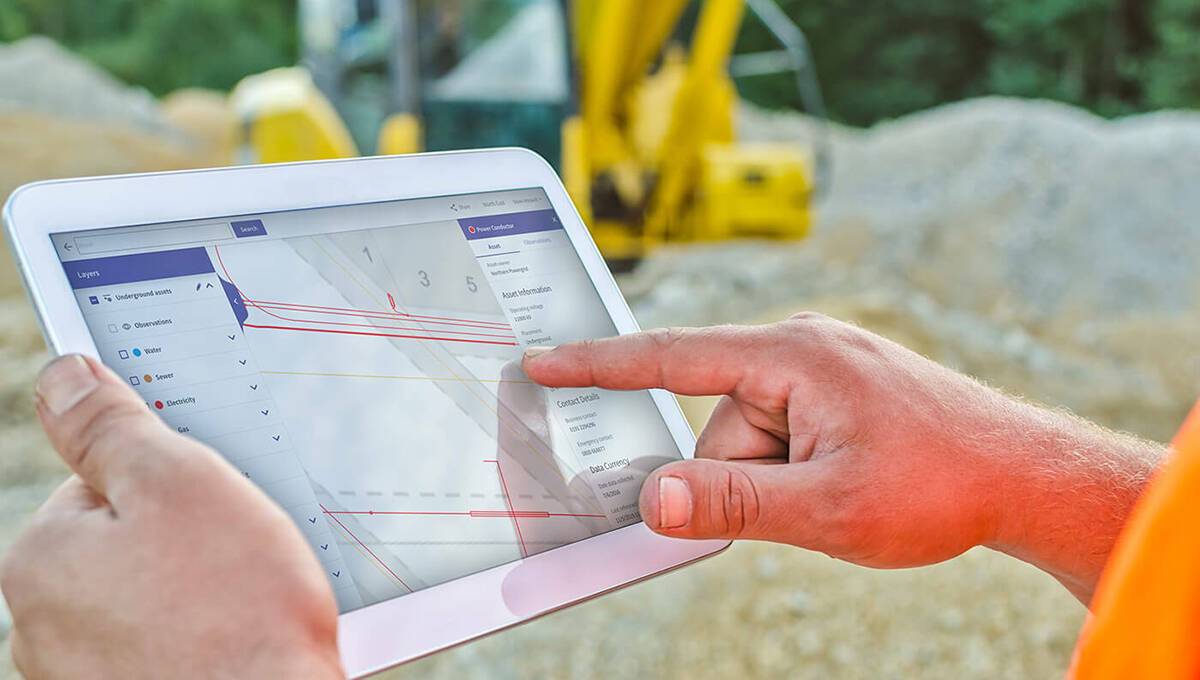Harrow Council in North West London has been using the Royal Mail 'Return To Sender'(RTS) service to improve the quality of its Local Land and Property Gazetteer (LLPG).
The LLPG is a vital corporate resource used increasingly as the single source of addressing by service departments across the council.
Councils mail their residents on a regular basis, to notify changes in service provision, provide up-to-date news and annually for Council Tax. Many councils use Royal Mail's RTS, to update their own mailing databases but very often there isn't the manpower to deal with the returns. Harrow's LLPG custodian realised that these items of returned mail were a good source of address intelligence because they came as a result of a postman visiting each address, with each returned item having a label with the reason for non-delivery. In a fast changing borough like Harrow this information could prove very useful. With this in mind a simple solution was found to ensure that this valuable information was used rather than left in boxes of returned mail.
The solution in this case is relatively simple and won the technology award at the 2010 NLPG Exemplar Awards. On large mailings each item of outgoing mail now has a barcode label created in tandem with the normal address label. The barcode contains the UPRN (unique property reference number) for the address. When RTS items are returned by Royal Mail the barcode is scanned and the reason for the return logged with a single keystroke. Once the returns have been entered, a query list can be produced for further investigation. A return, for example, marked as 'No such address' might be a perfectly valid address in the LLPG however the property itself, might in the interim have been converted illegally into flats without planning permission. The return would trigger further investigation and in due course result in a gazetteer update.
The use of the mailings to verify addresses has meant a significant reduction in the number of site visits formerly required to check address queries.
"This project has been successful in converting what was previously an un-tapped resource into tangible address intelligence," said Luke Studden, LLPG Custodian at Harrow Council. The solution has been achieved at a very low cost yet delivered a number of significant benefits. By using Royal Mail's 'Return To Sender' service for the council's large scale mailings we are able to improve our LLPG and Council Tax matching whilst reducing the number of site visits we have to make. All departments that now rely on the LLPG as their single source for addressing will benefit accordingly, as will citizens accessing the 'My Harrow' web portal," continued Studden.
-end-
Notes to editors:
The NLPG is a joint venture between all local authorities in England and Wales, the Local Government Information House, part of the Local Government Group and Intelligent Addressing Limited.
Intelligent Addressing is an information management specialist and data provider, focusing on land and property data, particularly addresses. As well as being the joint venture partner with local government in the development of the NLPG, IA also manages the national datasets for local government; the NLPG and the National Street Gazetteer (NSG). Data is an essential yet high-cost resource to maintain. IA helps organisations find, utilise and manage the information that they need and provides services to any organisation that depends on the accuracy, manageability and versatility of its information.
Local Government Information House is part of the Local Government Group. LGIH concentrates on core projects that have maximum benefit for the whole of local government. To this end, LGIH focuses on geographical information-related projects, as the standardisation of this type of data affects more than 80 per cent of what local government does. LGIH acts as an intermediary between the public and the private sector enabling it to negotiate with private companies on behalf of local authorities in order to provide key parts of a technical infrastructure for improved service delivery.
Councils mail their residents on a regular basis, to notify changes in service provision, provide up-to-date news and annually for Council Tax. Many councils use Royal Mail's RTS, to update their own mailing databases but very often there isn't the manpower to deal with the returns. Harrow's LLPG custodian realised that these items of returned mail were a good source of address intelligence because they came as a result of a postman visiting each address, with each returned item having a label with the reason for non-delivery. In a fast changing borough like Harrow this information could prove very useful. With this in mind a simple solution was found to ensure that this valuable information was used rather than left in boxes of returned mail.
The solution in this case is relatively simple and won the technology award at the 2010 NLPG Exemplar Awards. On large mailings each item of outgoing mail now has a barcode label created in tandem with the normal address label. The barcode contains the UPRN (unique property reference number) for the address. When RTS items are returned by Royal Mail the barcode is scanned and the reason for the return logged with a single keystroke. Once the returns have been entered, a query list can be produced for further investigation. A return, for example, marked as 'No such address' might be a perfectly valid address in the LLPG however the property itself, might in the interim have been converted illegally into flats without planning permission. The return would trigger further investigation and in due course result in a gazetteer update.
The use of the mailings to verify addresses has meant a significant reduction in the number of site visits formerly required to check address queries.
"This project has been successful in converting what was previously an un-tapped resource into tangible address intelligence," said Luke Studden, LLPG Custodian at Harrow Council. The solution has been achieved at a very low cost yet delivered a number of significant benefits. By using Royal Mail's 'Return To Sender' service for the council's large scale mailings we are able to improve our LLPG and Council Tax matching whilst reducing the number of site visits we have to make. All departments that now rely on the LLPG as their single source for addressing will benefit accordingly, as will citizens accessing the 'My Harrow' web portal," continued Studden.
-end-
Notes to editors:
The NLPG is a joint venture between all local authorities in England and Wales, the Local Government Information House, part of the Local Government Group and Intelligent Addressing Limited.
Intelligent Addressing is an information management specialist and data provider, focusing on land and property data, particularly addresses. As well as being the joint venture partner with local government in the development of the NLPG, IA also manages the national datasets for local government; the NLPG and the National Street Gazetteer (NSG). Data is an essential yet high-cost resource to maintain. IA helps organisations find, utilise and manage the information that they need and provides services to any organisation that depends on the accuracy, manageability and versatility of its information.
Local Government Information House is part of the Local Government Group. LGIH concentrates on core projects that have maximum benefit for the whole of local government. To this end, LGIH focuses on geographical information-related projects, as the standardisation of this type of data affects more than 80 per cent of what local government does. LGIH acts as an intermediary between the public and the private sector enabling it to negotiate with private companies on behalf of local authorities in order to provide key parts of a technical infrastructure for improved service delivery.



